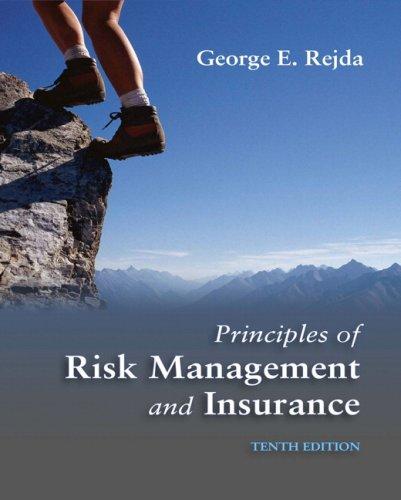Question
Assignment 1 - 20% (Due Session 9) This is an individual assessment. INSTRUCTIONS The purpose of this assignment is to develop a well-analysed and well-researched
Assignment 1 - 20% (Due Session 9) This is an individual assessment.
INSTRUCTIONS
The purpose of this assignment is to develop a well-analysed and well-researched project management report based on analysing and identifying the overall parameters of a project and establish the appropriate project management standards required to complete the project. A project case scenario is given that must be used to analyse and identify project issues, different project management tools and techniques to manage the project and conduct project risk assessment. Assumptions can be made where required. But the assumptions must be reasonable and documented. The assessment is based on the realistic nature of the project and how well it is presented. Make sure that the breakdown of the tasks, timeline, and the quality of the work is realistic, justifiable and sufficiently attractive to win a tender for a real project.
Task 1: Your first task is to make a project charter that includes, background of the project, project objectives, main project success criteria, roles and responsibility of project stakeholders, and risk and dependencies.
Task 2: Design a Gantt Chart schedule that includes, work break-down structure (WBS), start and end date of each task, responsible person to perform the task and proceeding task/s. It is important to mention that WBS is required for all the stages (i.e., Integration and Request, Project Planning, Project Execution, and Implementation and Support) mentioned in the case scenario. Moreover, you must include the relevant sub-stages necessary to complete the project. It is compulsory that students use Microsoft Project to complete WBS, allocate time and resources.
Task 3: Discuss a risk assessment plan. This must include identifying possible risks, performing qualitative and quantitative risk analysis and planning for risk responses. To identify risks, you must apply common risk identifying techniques (for example, brainstorming, Delphi technique, interview, SWOT analysis, fish bone diagram etc.). For detail understanding, you might conduct a brief research on common methods and techniques on project risk identification and risk analysis. For the simplicity, you need to apply risk assessment plan at only one stage of the project (i.e., Integration and Request, Project Planning, Project Execution, and Implementation and Support).
The report should be prepared in Microsoft word and uploaded on to the LMS. The word limit of the report is Fifteen hundred words. The report must use 12-point font size and single line spacing with appropriate section headings.
Your report must include: Page Title: The title of the assignment. Introduction: A statement of the purpose for your report and a brief outline of project (one or two paragraphs). Body of Report: Describe the tasks you performed as mentioned in the instruction. The report must discuss about the project plan including WBS and Gantt chart, findings and the elements that are mentioned in preparing and developing project plan. Comment on problems or issues you have faced during the analysis. You must report on project charter and discussion on risk assessment plan. Conclusion: A summary of the points you have made in the body of the paper. The conclusion should not introduce any 'new' material that was not discussed in the body of the paper. (One or two paragraphs) References: A list of sources used in your text. They should be listed alphabetically by (first) author's family name. Follow the IEEE style. The footer must include your name, student ID, and page number
CASE SCENARIO Denver International Airport (DIA) started out with a valid case: the need for a new airport to service Denver and handle the expected load of more than 66 million passengers per year. But when it became time to sign a lease agreement with United Airlines for the new airport, DIA's decision makers did not fully understand the complexity of the scope changes that United Airlines was demanding before signing the lease. To make matters worse, DIA's decision makers increased the complexity of the project with added requirements without fully understanding the impact. A consultant was hired to evaluate one of the scope changes, namely the feasibility of an automated baggage-handling system to be used just for the United Airlines concourse. The consultant stated that the request by United Airlines for an automated baggage-handling system was not feasible. Rather than believe the consultant's opinion, the DIA decision makers decided to expand the automated baggage-handling system to cover the entire airport. Now, part of the business case was definitely flawed. After spending close to $5 billion over 14 years to get the automated baggage-handling system to work, DIA officials finally pulled the plug on the project in August 2005. The business case became flawed when they tried to develop an entire system from scratch based upon unproven technology and refusing to heed the warnings of the technical experts. When complexity is not fully understood, a project can be overwhelmed with uncertainty and risk. The chance of project failure increases significantly. The effect on the morale of the team and the organization's culture can be devastating.
Step by Step Solution
There are 3 Steps involved in it
Step: 1

Get Instant Access to Expert-Tailored Solutions
See step-by-step solutions with expert insights and AI powered tools for academic success
Step: 2

Step: 3

Ace Your Homework with AI
Get the answers you need in no time with our AI-driven, step-by-step assistance
Get Started


